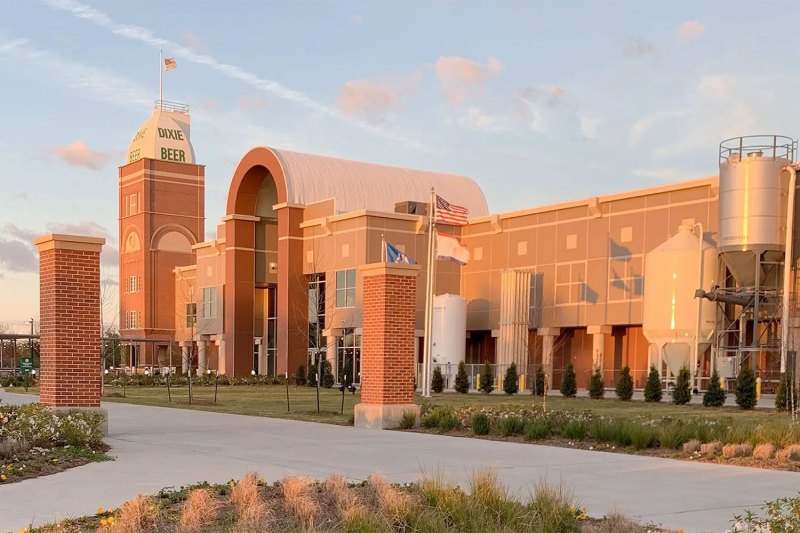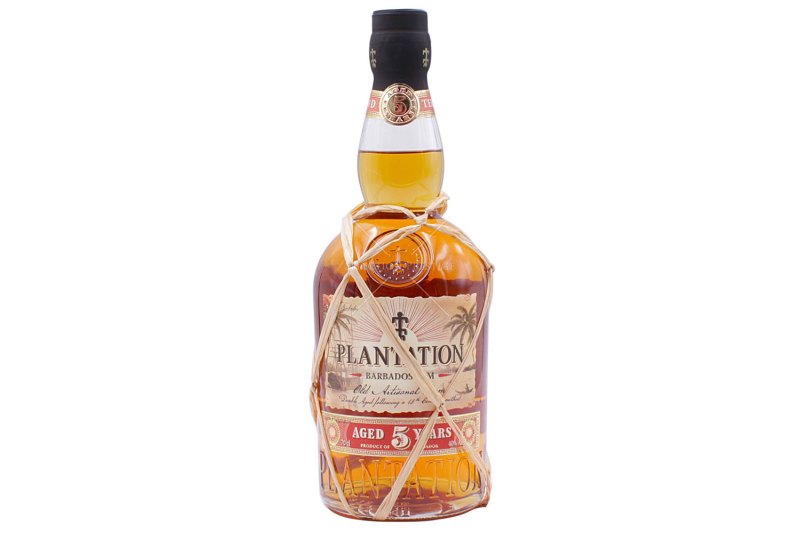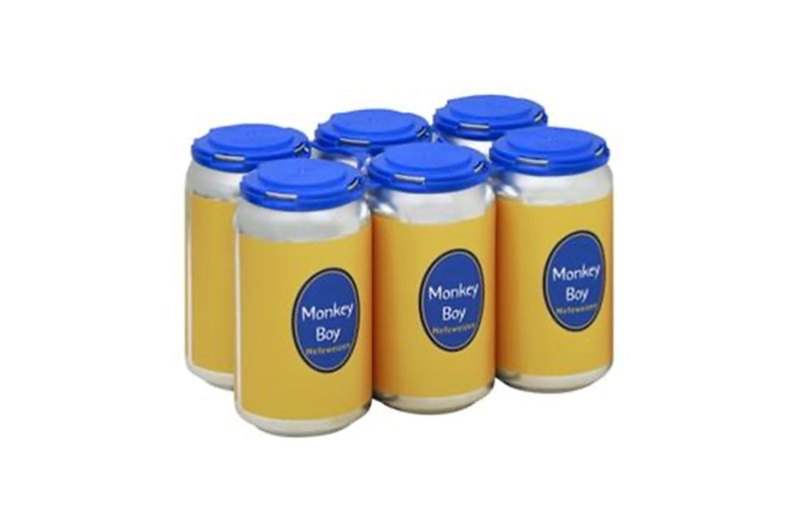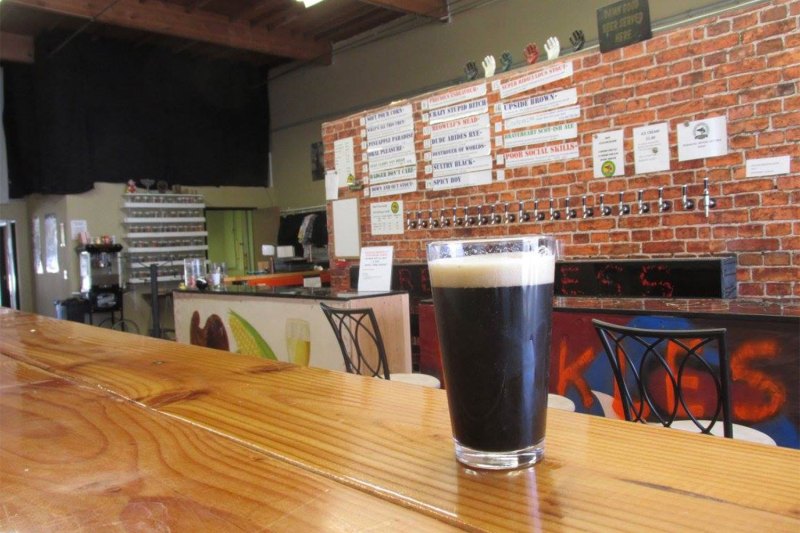Racism comes in all shapes and sizes. When it’s tied up in a name, there’s an inescapable trickle-down effect that, whether intended or not, touches the entire brand, company, or organization. A name is a badge that a group goes by and if that badge happens to be, say, the Washington Redskins, how is the public to react? Are we to believe that such a franchise really respects indigenous people?
In food and drinks, the name game can be a bit more nuanced. Here, racism tends to rear its ugly head in the form of exclusionary hiring policies, unequal pay, or inaccessibility (we need more black-owned brands, for starters). But some brand names need to go — or, at the very least, be cross-examined to see who they might offend and why. It’s all part of an important ongoing movement that questions every facet of the system and encourages dinner table conversations that, while sometimes uncomfortable, pursue the greater good.
Since late May’s boiling point, our country has taken a closer look at titles, slogans, and more that might carry with them racist origins or innuendos. Food companies like Aunt Jemima, Uncle Ben’s, and Dreyer’s Ice Cream (with its Eskimo Pie offering) have rebranded in the name of racial justice. Unsurprisingly, there’s much more to be done. But here are some of the most significant name reforms and discussions that have occurred so far.
Dixie Brewery

The oldest brewery in New Orleans announced it would change its Confederacy-themed name last June. The brewery’s general manager has indicated it’s been a tough process, with some emailing and phoning in anger towards the rebrand. But it’s undoubtedly the right move given the hurtful connotations embedded in the word. Being a large operation, the rebranding process is scheduled to take at least six months and perhaps up to a year.
Plantation Rum

Spirits label Plantation Rum also announced a change in name last June. The Caribbean rum outfit, owned by the Maison Ferrand brand, acknowledges that the old name taps into slavery and the unfair conditions that existed on countless farms or plantations. The old name also emphasizes the spirit’s contentious history with the Black community of the region, one that’s been riddled with racism and prejudice. No word as of yet what the new name will be.
Monkey Boy Beer

Pittsburgh’s East End Brewing just renamed its popular hefeweizen beer. The brewery says the name was initially selected to reflect the banana-like ester flavors the beer tends to show. Complaints over the summer around the name sparked a change of heart. It was particularly offensive to the Black community as the animal has, for generations, been evoked in engineering racist sentiment and content their direction.
Court of Sommeliers

In wine, touting the master sommelier title is a major distinction. Some have taken aim at the word master as it harks back to the slavery era. The court continues to use the word coupled with the last name of the holder, but has moved on from referring to this crowd as simply “masters.” Last June, the court resolved to cease using the the outdated singular term, according to the court’s executive director, Kathleen Lewis.
Reckless Brewing

Although it went under about a year ago the story or Reckless Brewing is worth mentioning as it’s a lesson in precisely not what to do as a brand. The Southern California brewery lived up to its name with absurd names like Pop My Cherry Ale. Worse, the owner tried to capitalize on the Black Lives Matter movement by appropriating things like MLK Jr’s iconic “I Have a Dream” speech and affixing it to darker-style beers. As Vinepair and other outlets report, what the brewery said was not only idiotic but incredibly tone deaf and racist. Good riddance.
Cocktail Names
This one is a gimme but worth talking about. Cocktail names have always been racy and provocative, designed to catch your attention. Yet, some are grossly antiquated and downright insulting. Sure, keep some of the sexual references and tongue-in-cheek puns. But get rid of the bigotry and the singling out of particular cultures by way of stereotype (sadly, you see these made-up names in bars all over the place). If we’re removing statues of slave-owning individuals, now’s probably not the time to name your drink after a member of the Confederacy. As we continue to evolve, we should prioritize sensitivity over sensationalism when it comes to attaching a cute name to the drinks we concoct.


